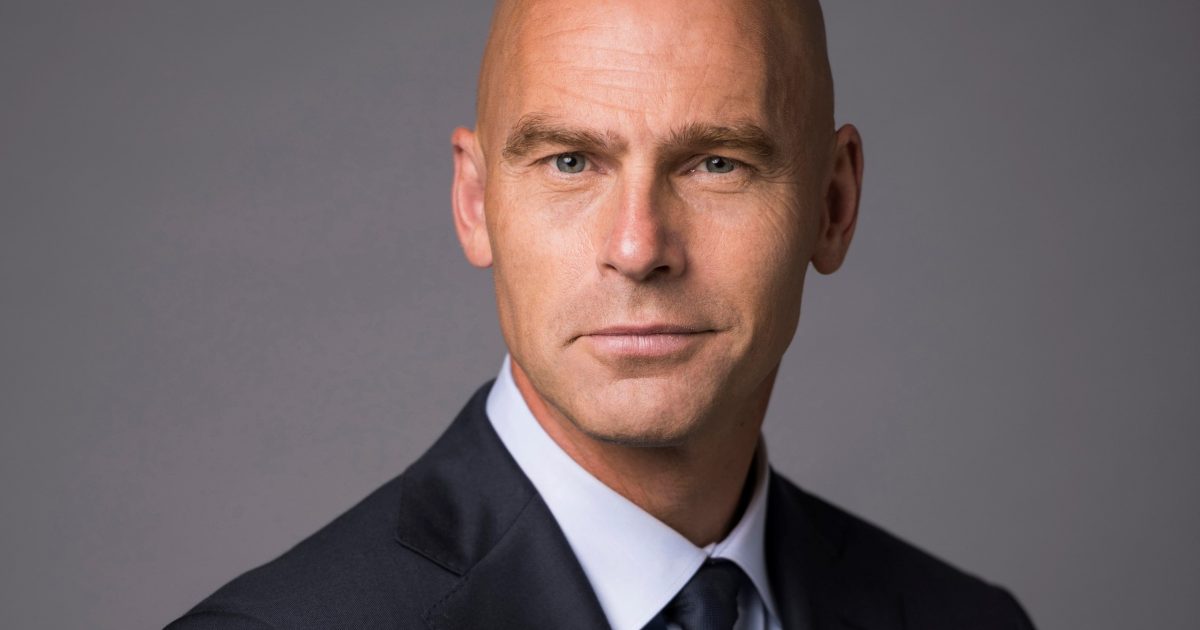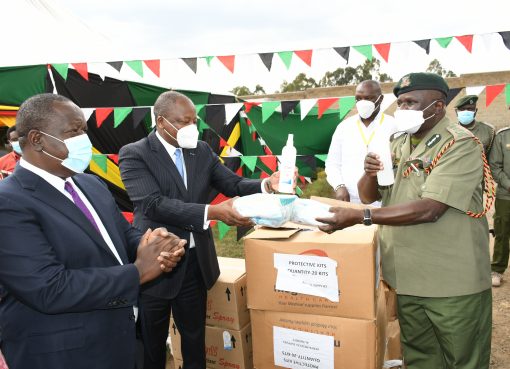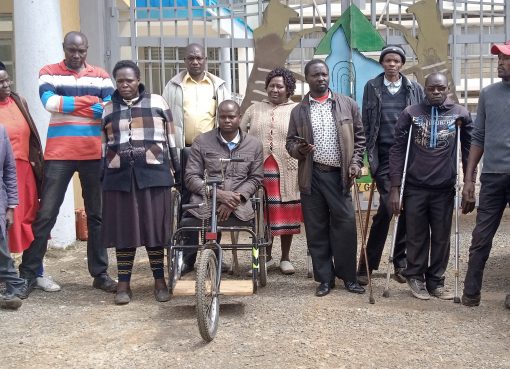Africa is facing a critical shortfall in funding for climate adaptation according to a new report, State and Trends in Adaptation in Africa 2022 (STA22), launched by the Global Center on Adaptation.
The report reveals that cumulative adaptation finance to 2030 will come to less than one-quarter of the estimated needs stated by African countries in their National Determined Contributions (NDCs) unless more funding is secured.
In 2019 and 2020 an estimated $11.4 billion was committed to climate adaptation finance in Africa with more than 97 per cent of the funds coming from public actors and less than 3 per cent from private sectors.
This is significantly less than the $52.7 billion annually it is estimated that African countries will need by 2030.
Speaking during a Virtual Pre-COP27 Press Conference and Global Launch of State and Trends in Africa 2022 report, Chief Executive Officer of Global Center on Adaptation (GCA) Prof Patrick Verkooijen pointed out that adaptation to climate change is not a choice but a necessity for Africa.
Commenting on the report findings, Verkooijen noted that adaptation finance is scaling too slowly to close the investment gap in Africa, even as the costs of inaction rise.
“As we look forward to COP27, we must generate a breakthrough in finance for climate adaptation. The Africa Adaptation Acceleration Program endorsed by the African Union, is the best vehicle we have to ensure the adaptation investment shortfall in Africa is met with action from all available sources including the private sector,” said the CEO.
Speaking during the launch event for the report, Deputy Secretary-General of the United Nations Amina Mohammed, called for a new business model to deliver adaptation finance by turning adaptation priorities into pipelines of investment for projects.
“COP27 must be a turning point. Developed countries must put forward credible plans to double adaptation finance to reach 40 billion dollars a year by 2025,” said Mohammed.
Present during the report launch, the President of the African Development Bank Group, Akinwumi Adesina, said that at the Global Center on Adaptation, they are doing incredible work in mapping out what the needs are, mapping out how to make climate resilient infrastructure.
“Already the Upstream (Financing)] Facility at the Global Center on Adaptation, is doing so much analytical work to support countries to build climate resilience into infrastructure, into agriculture, and to mainstream climate financing into national bodies but also into the financing of large multilateral development banks,” added Adesina.
STA22 provides policy-shaping recommendations in key areas such as livestock, agriculture, cities, nature-based solutions, blue economy, and coastal erosion.
It is the most comprehensive guide to assess progress on climate adaptation in Africa and provide guidance and recommendations on best practices in adapting to the effects of a changing climate and building resilience to climate shocks.
The report highlights successful adaptation initiatives from the Africa Adaptation Acceleration Program (AAAP) which have the potential to be scaled up and replicated. It also presents key policies, skills, and finance gaps that must be addressed if adaptation is to be effective and reach those who need it the most.
To increase the volume and efficacy of adaptation finance flows to Africa over the coming decade, the report recommends that financial institutions must mainstream resilience into investments they are making.
It also endorses that Policy makers and other stakeholders must build the enabling environment for adaptation investment and that financial innovation for adaptation must match country-level policy and market conditions.
STA22 is launched two days before the 27th Conference of the Parties of the UNFCCC (COP27), which will be hosted by the Government of Egypt, with a view to building on previous successes and paving the way for future ambition to effectively tackle the global challenge of Climate change.
By Catherine Muindi





